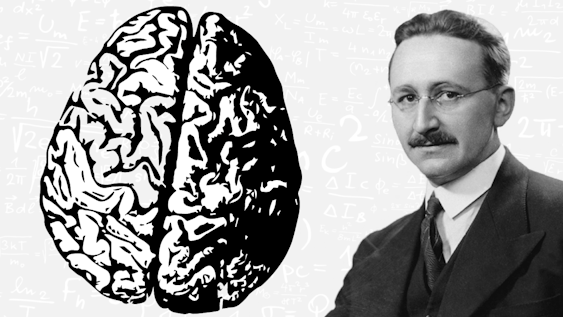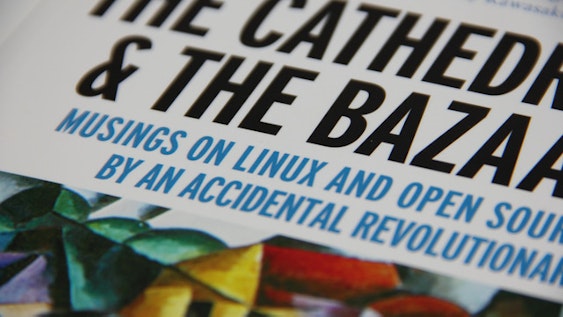The Political Economy of Decentralization
Please enjoy the following reading list championing localism and decentralization in systems of human cooperation — to which I believe Bitcoin provides a natural addition.

Allen Farrington
Total time
It goes without saying that Bitcoin has several entirely novel technical characteristics, some of which represent brilliant academic breakthroughs. However, I have always been wary of associating Bitcoin too strongly with advances in information technology, or indeed with “newness” at all.
This is in part because these very same advances are argubaly insufficient yet necessary drivers of an increasingly politically and economically centralized world. They have contributed to many problems Bitcoin, and Bitcoiners, aspire to fix: the erosion of privacy, financial repression, monolithic power over dissemination of information, etc.
Bitcoin provides a means to (re)decentralize, and I think it fits nicely and naturally in a canon of academic philosophy, politics, and economics analyzing this ideal. But, crucially, this analysis is without reference to Bitcoin itself, or, in most cases, even the internet or software design. It is not techno-utopinaism, but humanism. It is not new.

Allen Farrington
@allenf32Allen is a professional investor with an interest in Bitcoin’s intersection with history, politics, and economics. His book, Bitcoin Is Venice, co-authored with Sacha Meyers, is due for publication in early 2022. He is also a board observer at Blockstream.
The Political Economy of Decentralization
An Allen Farrington Rabbit Hole






